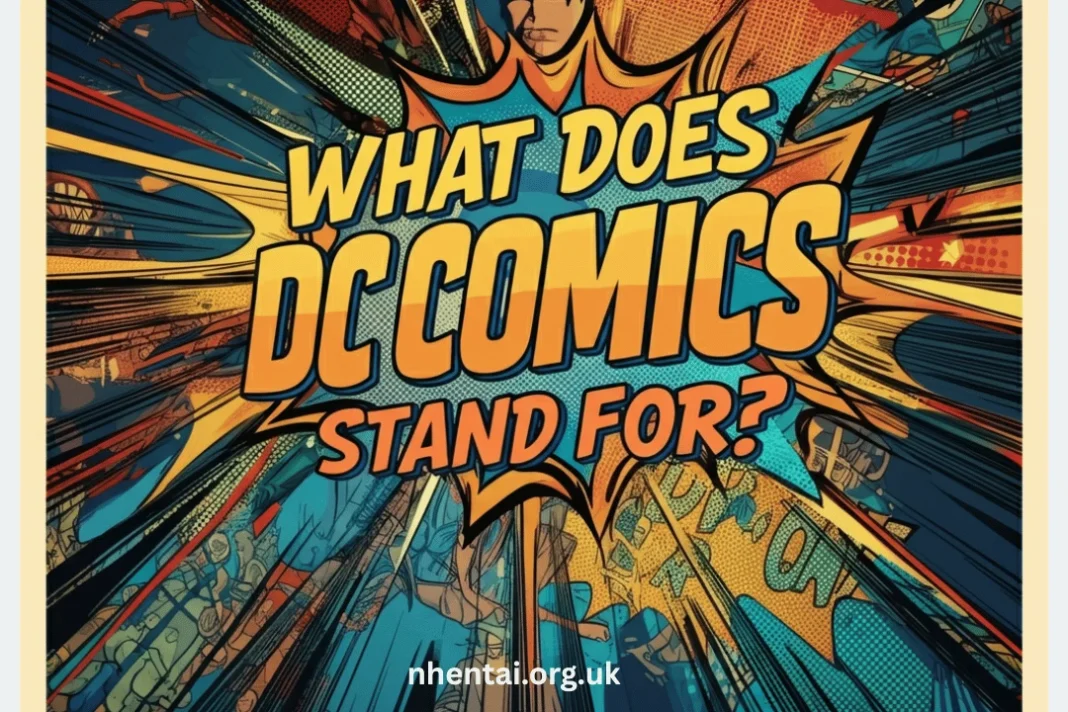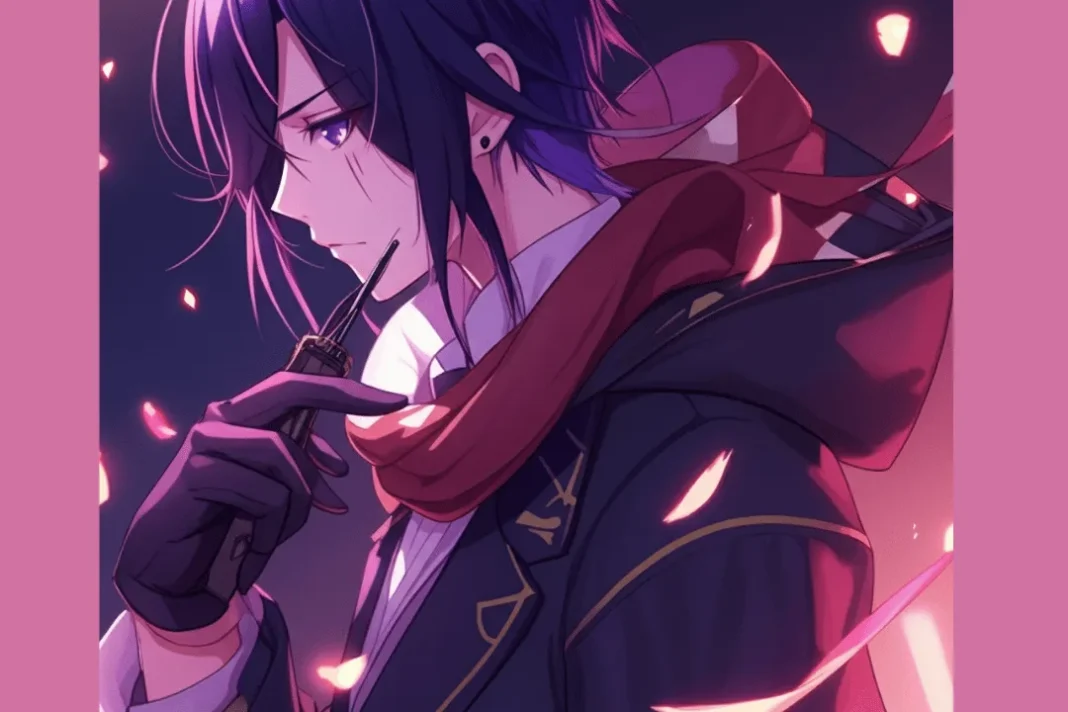You’ve spotted the bold DC logo on comic books, movies, and even cereal boxes. But have you ever stopped to wonder: what does DC Comics stand for? Those two simple letters carry a massive legacy in pop culture. To fans around the world, they represent heroes, villains, and decades of unforgettable stories. Let’s jump right in and discover the real meaning behind DC Comics, exploring not just the name, but everything those initials have come to symbolize.
Contents
The Origin Story: Detective Comics
Believe it or not, the answer to “what does DC Comics stand for” is pretty straightforward. DC stands for “Detective Comics.” Back in the late 1930s, Detective Comics was launched as a crime-fighting anthology filled with mystery and adventure. The publisher then was called National Allied Publications, but this one book was so successful, it shaped the future of the entire company. Detective Comics became the launching pad for what would ultimately become DC Comics.
The Anthology that Changed Everything
In its early days, Detective Comics brought together gripping stories of gumshoes, master criminals, and twisting mysteries. Readers loved the variety and suspense in every issue, making the series a staple for comic book fans across the country.
The Dark Knight Debuts
Everything shifted in 1939 when Batman made his very first appearance in Detective Comics #27. Created by Bob Kane and Bill Finger, Batman instantly captured imaginations and became the series’ biggest star. He not only put Detective Comics on the map, but also helped define the new wave of superhero storytelling.
From National Allied Publications to DC Comics
The path from National Allied Publications to the superhero powerhouse we know today wasn’t a straight line. Over decades, with name changes, company mergers, and the rising popularity of the “DC” logo stamped on covers, the brand identity evolved. By the time the ’70s rolled around, everyone had gotten used to calling the publisher DC Comics. The name was officially adopted in 1977, but readers had made it the standard even before then.
Fans looking up what does DC Comics stand for might be surprised by that long history, but it’s all part of the magic that makes comics such a vibrant world.
The DC Logo: More Than Just Initials
There’s a lot of nostalgia wrapped up in the DC logo. Here’s how it’s changed over time:
- 1940s: The earliest look said “A DC Publication” inside a circle, a classic nod to Detective Comics.
- 1970s: Enter the “DC Bullet”—a bold design with stars, perfect for the era’s action-packed comics.
- Today: From the “Spin” to the “Peel” to the modern, streamlined DC we see now, every version brings some old-school flair mixed with new energy.
Each logo is a piece of comic history in itself, packed with memories for lifelong readers.
Why “DC Comics” Works: Redundancy, Recognition & Influence
People sometimes point out that “DC Comics” basically says “Detective Comics Comics”—and they’re right! But by now, “DC” has become shorthand for a whole universe of heroes, epic crossovers, and blockbuster adventures. No one’s fussing over redundancy—the name is part of the charm, and it’s universally recognized.
Unmistakable Brand Recognition
When people see those two letters, whether it’s on a cap, poster, or movie, DC means iconic characters: Superman, Wonder Woman, Aquaman, and so many more. The brand is a magnet for fans of all ages who love stories of courage, hope, and adventure.
DC’s Ever-Expanding World
Although detective stories started it all, DC’s universe has grown to include genres like sci-fi, fantasy, cosmic odysseys, and supernatural mysteries. From the Justice League’s heroics to Green Lantern’s galactic journeys and beyond, asking “what does DC Comics stand for” opens up a world of stories.
More Than Just a Name
These days, “DC Comics” is about much more than the original Detective Comics series. It stands for creative risks, constant reinvention, and a storytelling tradition that keeps growing.
- Innovation: DC gave rise to the first superhero, and continues to drive the evolution of comics—from Silver Age classics to modern graphic novels.
- Legacy: Generations of readers have found inspiration in its pages. The impact of DC’s heroes goes far beyond comics, shaping film, TV, and global culture.
Conclusion: The Lasting Legacy of DC Comics
So, what does DC Comics stand for? It’s not only “Detective Comics”—it’s a symbol of storytelling that invites us into worlds of imagination and heart. Every time you see those two letters, remember: they stand for nearly a century of creativity, unforgettable characters, and stories that never go out of style.
To learn more about the remarkable journey and enduring influence of this publisher, you can explore DC Comics’ company history on the official DC website.
Frequently Asked Questions (FAQs)
1. What does the “DC” in DC Comics mean?
DC stands for Detective Comics, the groundbreaking series that helped turn the company into a pop culture powerhouse. The initials have become a symbol of the entire comic book universe.
2. When did the company officially become DC Comics?
Although readers had used “DC” for years, the company made the title official in 1977. Before that, it was known by names like National Allied Publications.
3. What was DC’s first published comic?
The first comic was New Fun: The Big Comic Magazine in 1935, but Detective Comics was the title that established its name and reputation.
4. Is the name “DC Comics” redundant?
Yes, it stands for “Detective Comics Comics,” but fans and industry insiders embrace it for its rich history and brand identity.
5. Who is the most famous DC character?
Batman is often considered the emblematic DC hero. He first appeared in Detective Comics #27 and remains a global icon for the brand.
With all that in mind, the next time someone asks, “what does DC Comics stand for,” you’ll have more than just the answer—you’ll have the story.
You may also read: The Evolution of Hentai Comics: From Print to Digital Masterpieces
For more info visit Nhentai


